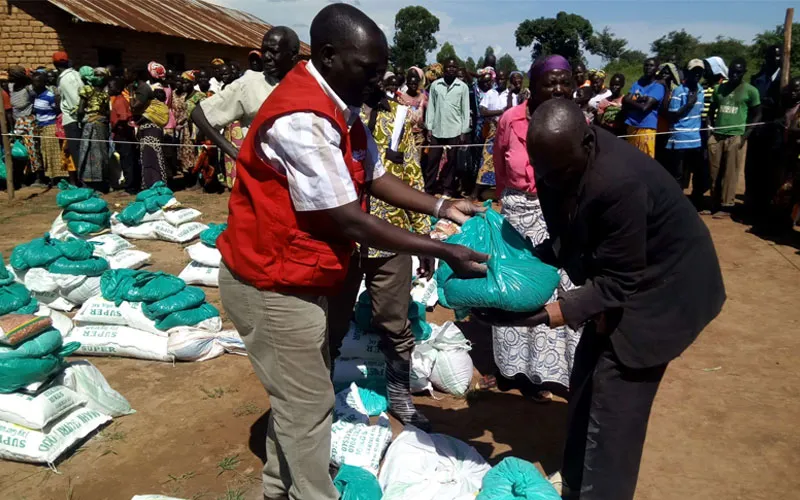Kinshasa, 18 August, 2022 / 9:30 pm (ACI Africa).
Ahead of the World Humanitarian Day (WHD) to be celebrated August 19, the leadership of the overseas development agency of the Catholic Bishops of Ireland, Trócaire has reviewed humanitarian responses across the globe, including Africa.
In a Tuesday, August 16 report, Trócaire officials make reference to the impact of donations by the Irish public in the Democratic Republic of the Congo's (DRC) Ituri Province and Adumi village in South Sudan and express gratitude for the support, which they say has transformed the lives of many people.
"In 2021, thanks to the support of the Irish public, Trócaire supported 1.2 million people in humanitarian crises around the world," officials of the Irish Catholic entity say in the August 16 report.
In the province of Ituri in DRC, they regret the fact that "Inter-ethnic conflicts and armed groups have caused massive population movements and have destroyed economic opportunities for several decades."
In South Sudan, the August 16 report indicates that "Trócaire, with the financial support of Irish Aid, provides humanitarian assistance to improve the living conditions of the affected population in the village of Adumi."








